Local journalism, global challenges: news deserts, infodemic and the vastness in between
While there was a time when visibility was generated only by the media and the work of journalists, today citizens are increasingly equipped with technological devices that allow them to quickly share what they witness, think, or produce. However, this type of content is not subject to prior scrutiny before it becomes visible and sometimes even viral, especially on social media. This question brings us to the problem of disinformation, on the one hand, and on the other to the tremendous challenge faced by newsrooms all over the world, which must gain and retain the trust of the public through quality journalism. This challenge is immensely greater in the case of local media, which are typically less prepared. Especially financially and technologically.
And when we add the problem of “news deserts” to this “equation,” the scenario may appear grey. Something that has been studied in the USA, Brazil and, more recently, in Europe, with Portugal at the forefront of this research. If the media are disappearing, if there are no journalists to ensure regular news coverage about and for a given city or community, what visibility can be guaranteed for that territory and people? Can information generated by citizens alone be sufficient, without any type of mediation, scrutiny or obligation to align with any ethical and deontological principles (an alignment which is expected from journalists)? And to respond to this, are resources needed in all territories? Assuming that that in some cases the answer might be that, due to the size of the population and economic dynamics, it is not possible to guarantee the sustainability of one or more media outlets, what can be done? To what extent can technology (for example Artificial Intelligence) support media outlets that are neighbouring “news deserts” in providing the desired regular news coverage of these invisible territories, communities or subjects?
AUTHORS / EDITORS
COLLECTION
EDITION YEAR
ISBN











